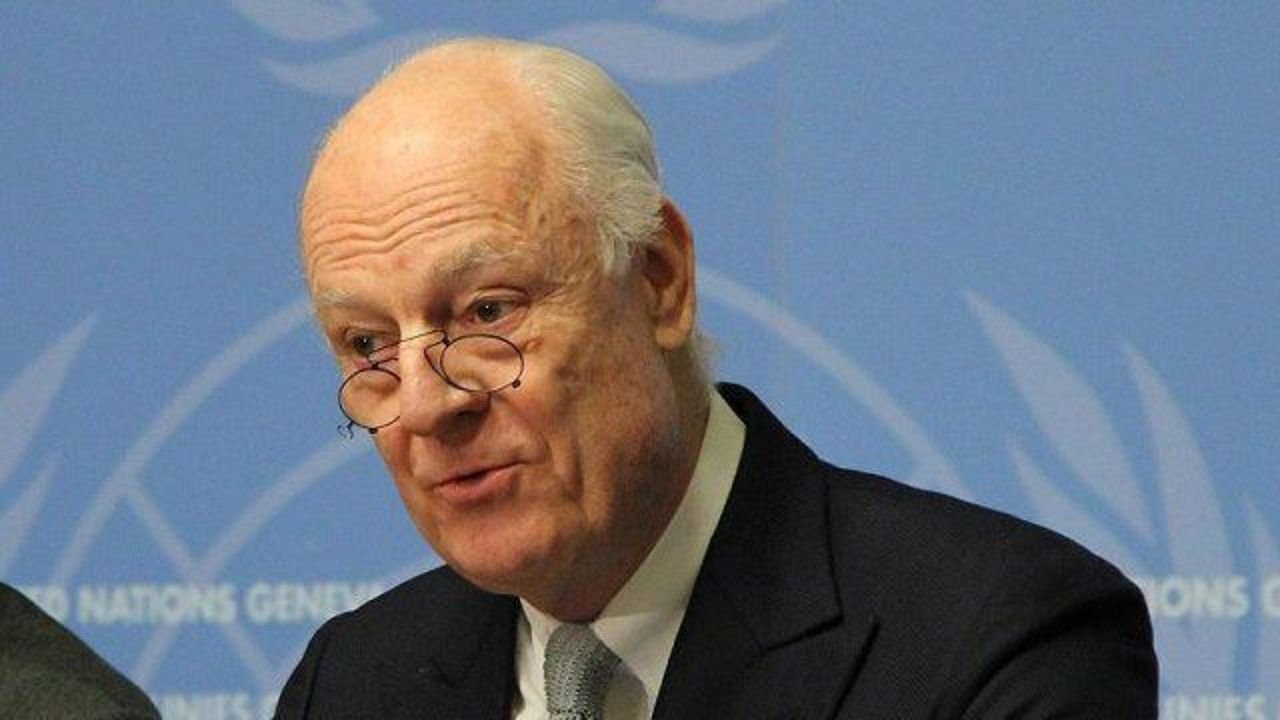Syria peace talks to start Friday in Geneva
UN envoy says talks will prioritize cease-fire, humanitarian aid, fight against Daesh

Syrian peace talks will begin in Geneva on Friday, the UN envoy to the country said Monday.
“We are going to aim at proximity talks starting on the 29th and going on for six months,” Staffan de Mistura told a news conference in the Swiss city.
The talks had been due to start Monday but have been delayed by disagreement over the parties to be invited, de Mistura said. Invitations would be issued Tuesday, he added without specifying the groups that would be asked to take part.
Which opposition groups should be allowed to attend the talks has been a contentious point in the run-up. Turkey is opposed to the Syrian Kurdish Democratic Union Party (PYD) taking part on the opposition side, with Prime Minister Ahmet Davutoglu saying they should attend alongside the representatives of Syrian President Bashar al-Assad.
The PYD is affiliated to the PKK, listed as a terror organization by Turkey, the EU and U.S. due to the armed campaign it has been fighting against Turkey since 1984. However, it has been heavily involved in fighting Daesh on the ground in Syria with the support of the U.S.-led air campaign.
The envoy said a comprehensive list of “terrorists” operating in Syria, who would therefore be excluded from the talks, was still being worked on.
De Mistura said the conference would focus on setting up an interim government, forming a constitution and staging elections.
The priorities would be establishing a cease-fire, supplying humanitarian aid and tackling Daesh, de Mistura said.
The conflict has been raging since early 2011 and has led to the deaths of more than 250,000 people and driven more than 10 million from their homes, according to the UN.
It also led to the rise of Daesh, which now controls large parts of Syria and Iraq, and the subsequent formation of a U.S.-led coalition to tackle the group in both countries.






